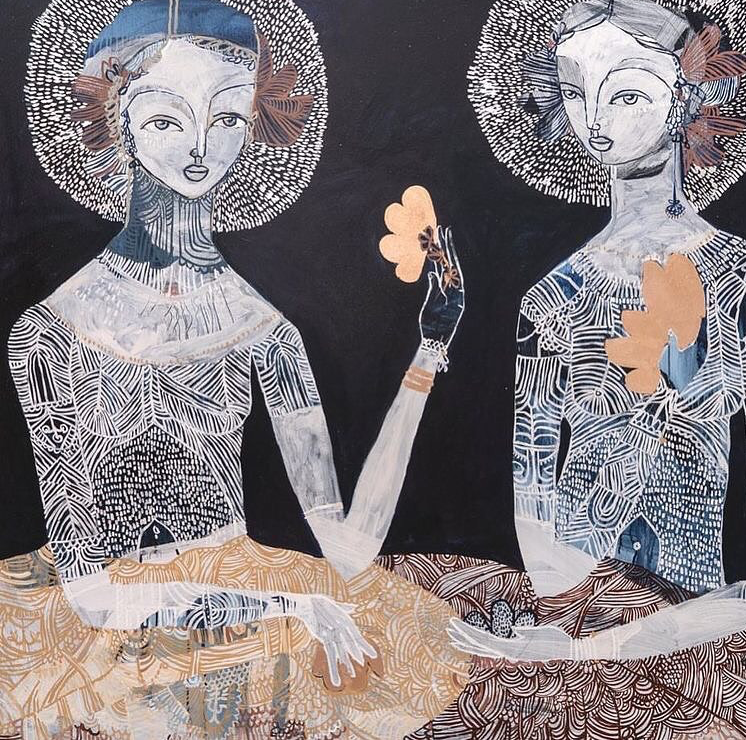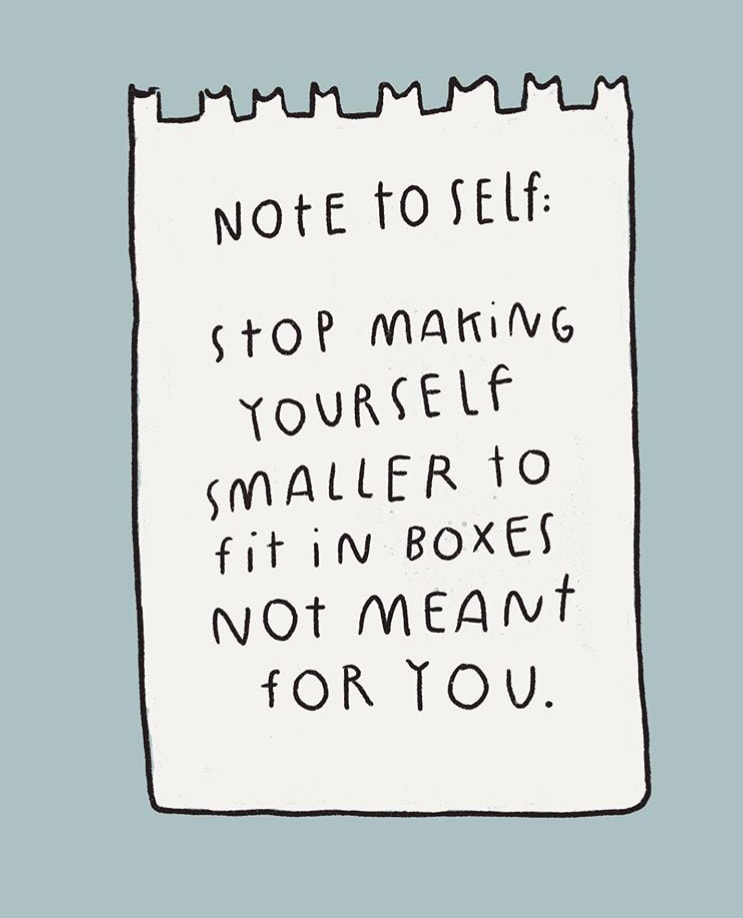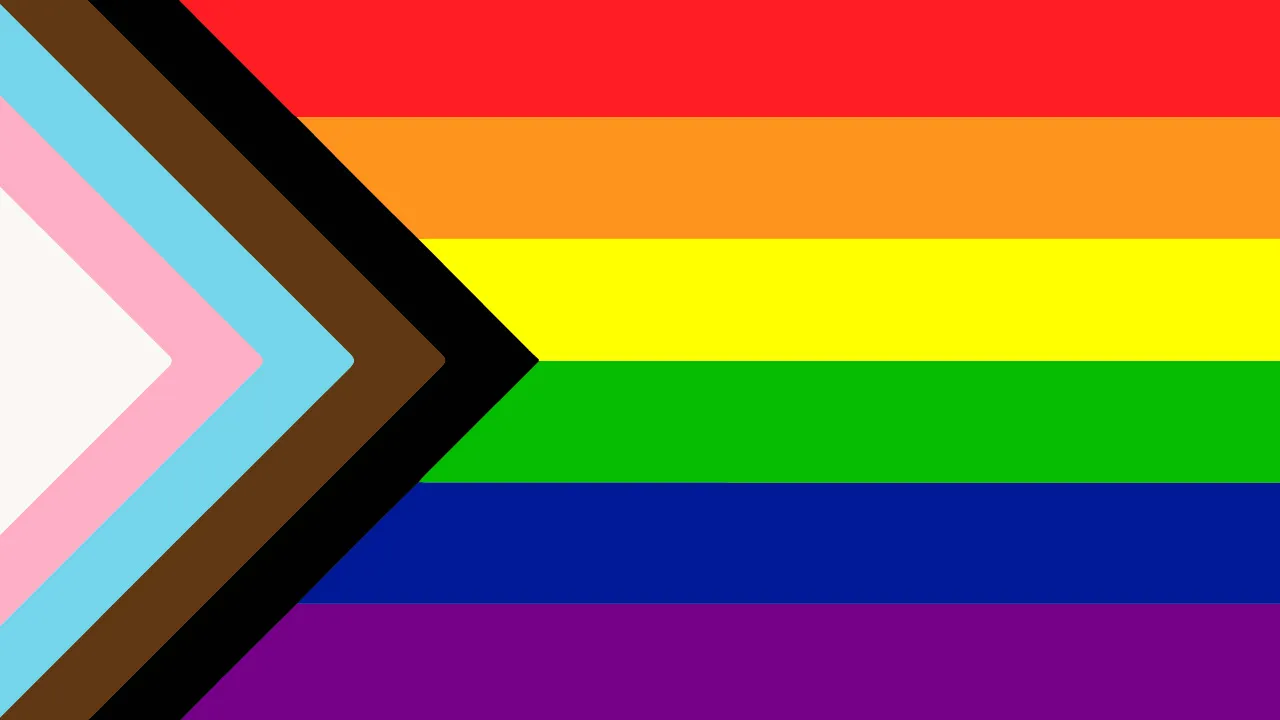| Art by Jaiva Sicke | Shame has been on my mind quite a bit lately, in particular ways that shame gets used as a tool to keep us disconnected from ourselves and each other. I’m lucky to lead and share spaces exploring this theme with girls and women of all ages. While decades separate many of us, I can’t unsee the parallels and similarities in the stories where shame governs us. The details and names in our stories may be different, but the core feelings are the same - isolation, pain, and secrecy. Brene Brown defines shame as “the intensely painful feeling or experience of believing that we are flawed and therefore unworthy of love and belonging”. Unlike guilt, shame doesn’t attach to... |
| For those of us socialized female, we begin questioning our worthiness and sense of belonging so early… too early. By the time we enter our teen years, our culture has already set us up to feel ashamed of our bodies, our social abilities, our successes, our sexuality, and our pleasure. A recent survey of 1,993 teens and adults ages 13-64 revealed that, on average, Americans say they first remember feeling ashamed of their bodies between 13 and 14 years old. But with every generation, that self-consciousness strikes at a younger age. In the survey, teens ages 13-17 reported that their first bout of body shame occurred as young as 9 years old. The good news is that there is a way through to the other side. While healing from shame is in many ways a radical act, it’s doable. I’ve seen it |
May we continue to find our way to more freedom and joy… as young girls and women. May we be supported as we do the bold and tender work of looking within. May we learn to resource ourselves from the inside out and through radical connection to each other, rather than from toxic external conditions that teach us to conform and be complaisant.
For all of us sitting with these questions: Am I enough? Am I worthy? The answer is: Yes, yes, yes, my dear beloveds you are!
Love, Quetzal


 RSS Feed
RSS Feed


